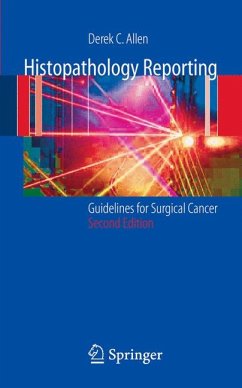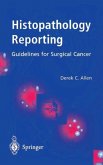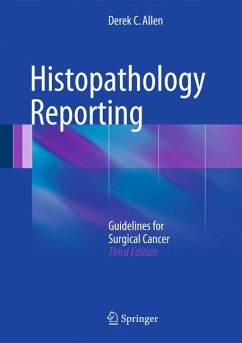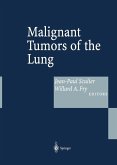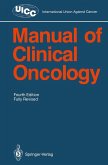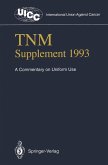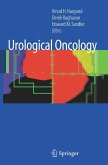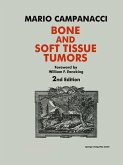The sixth edition TNM classification of cancers is incorporated, with comments on any associated pathology, diagnostic clues and prognostic criteria. Staging information is supplemented visually by line diagrams.
Features:
. Emphasizes those gross and histological features that are relevant to clinical management and prognosis
. Uses a systematic approach to surgical pathology specimens resulting in focused histopathology reports
. Lists useful ancillary techniques in diagnostic reporting
. Facilitates audit of pathological and surgical practice
The book complements several other important publications such as the Royal College of Pathologists Cancer Histopathology Data Sets, the sixth edition of the AJCC Cancer Staging Manual and WHO Classification of Tumours: Pathology and Genetics Blue Book and will be invaluable for histopathology residents and practitioners worldwide.
Dieser Download kann aus rechtlichen Gründen nur mit Rechnungsadresse in A, B, BG, CY, CZ, D, DK, EW, E, FIN, F, GR, HR, H, IRL, I, LT, L, LR, M, NL, PL, P, R, S, SLO, SK ausgeliefert werden.

